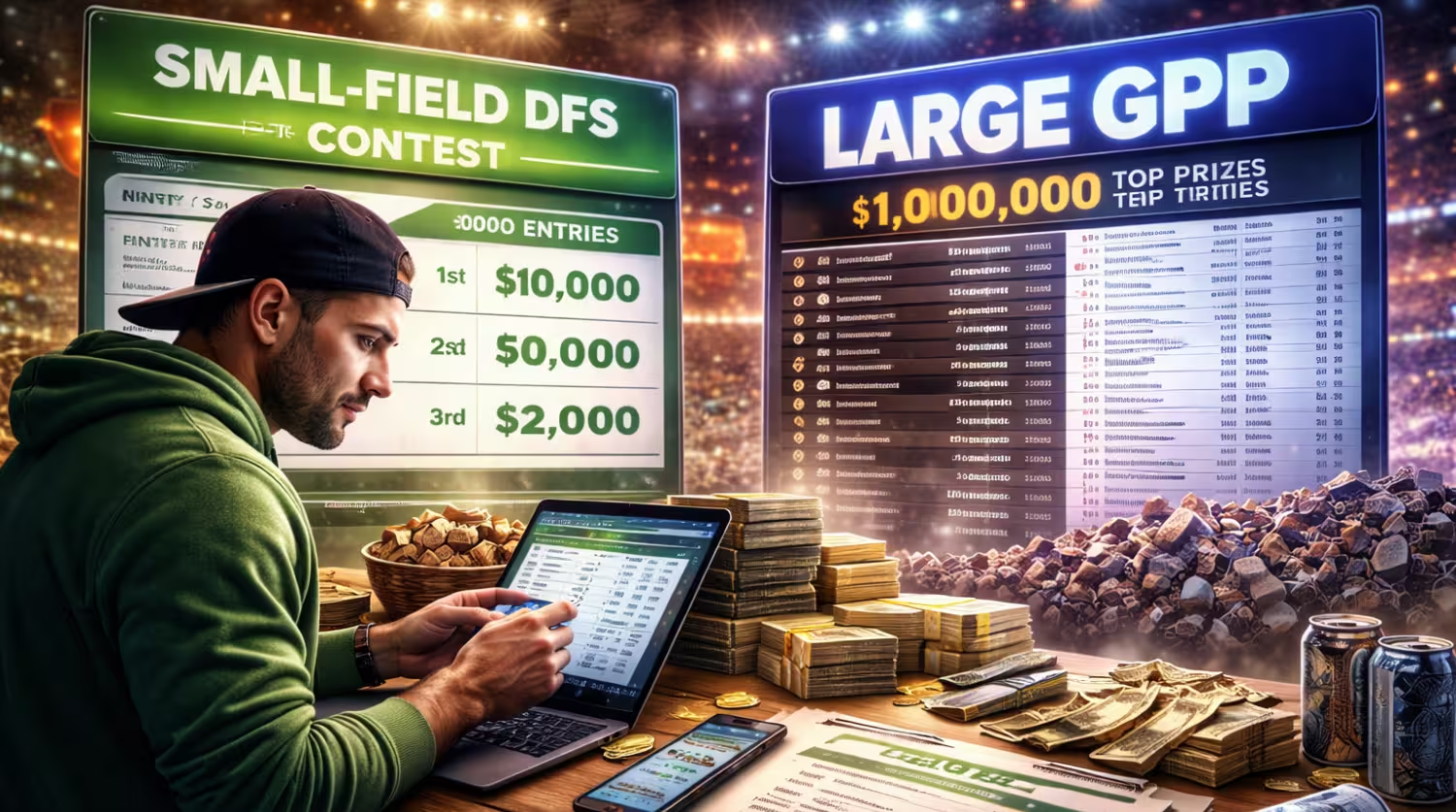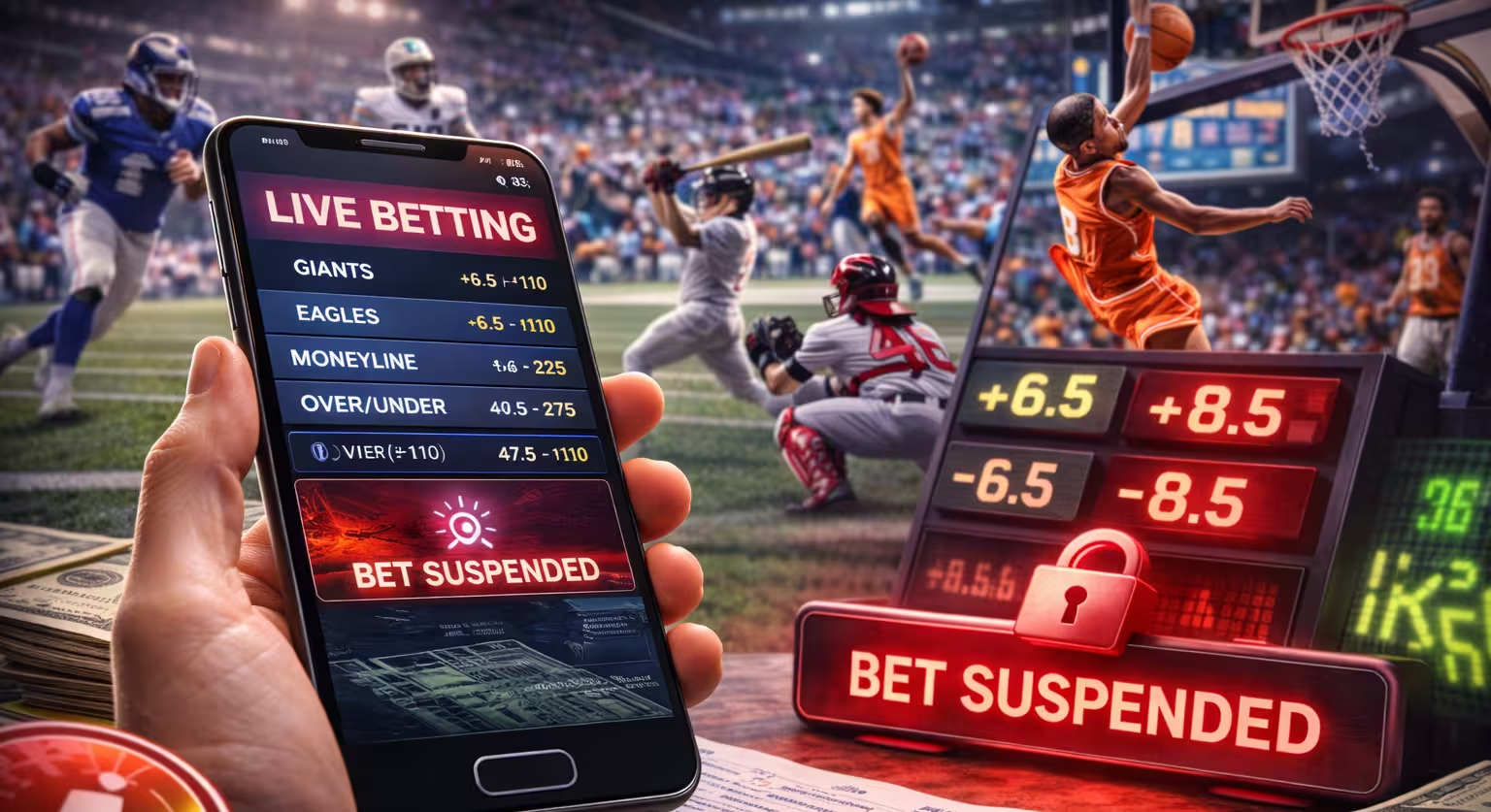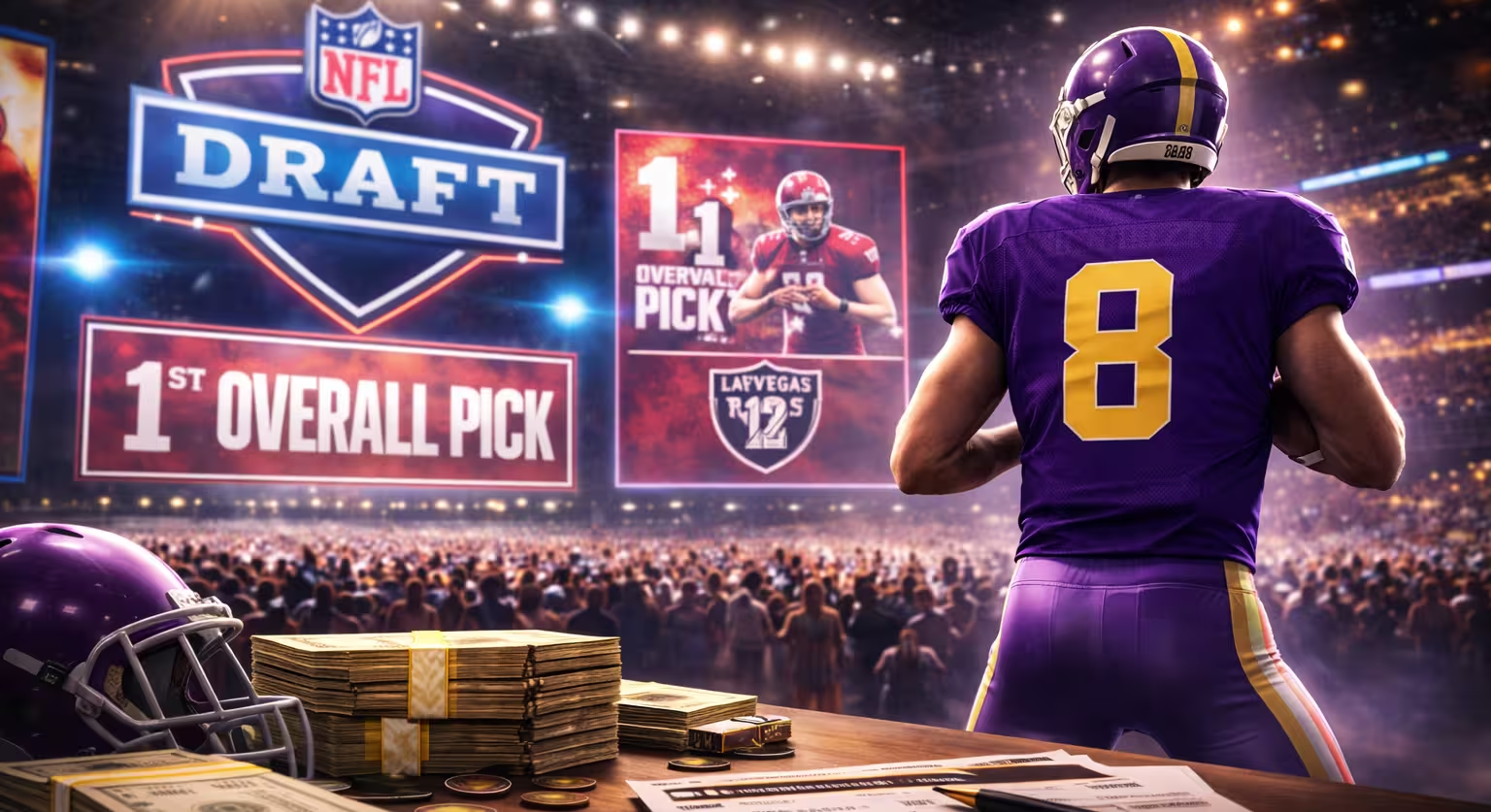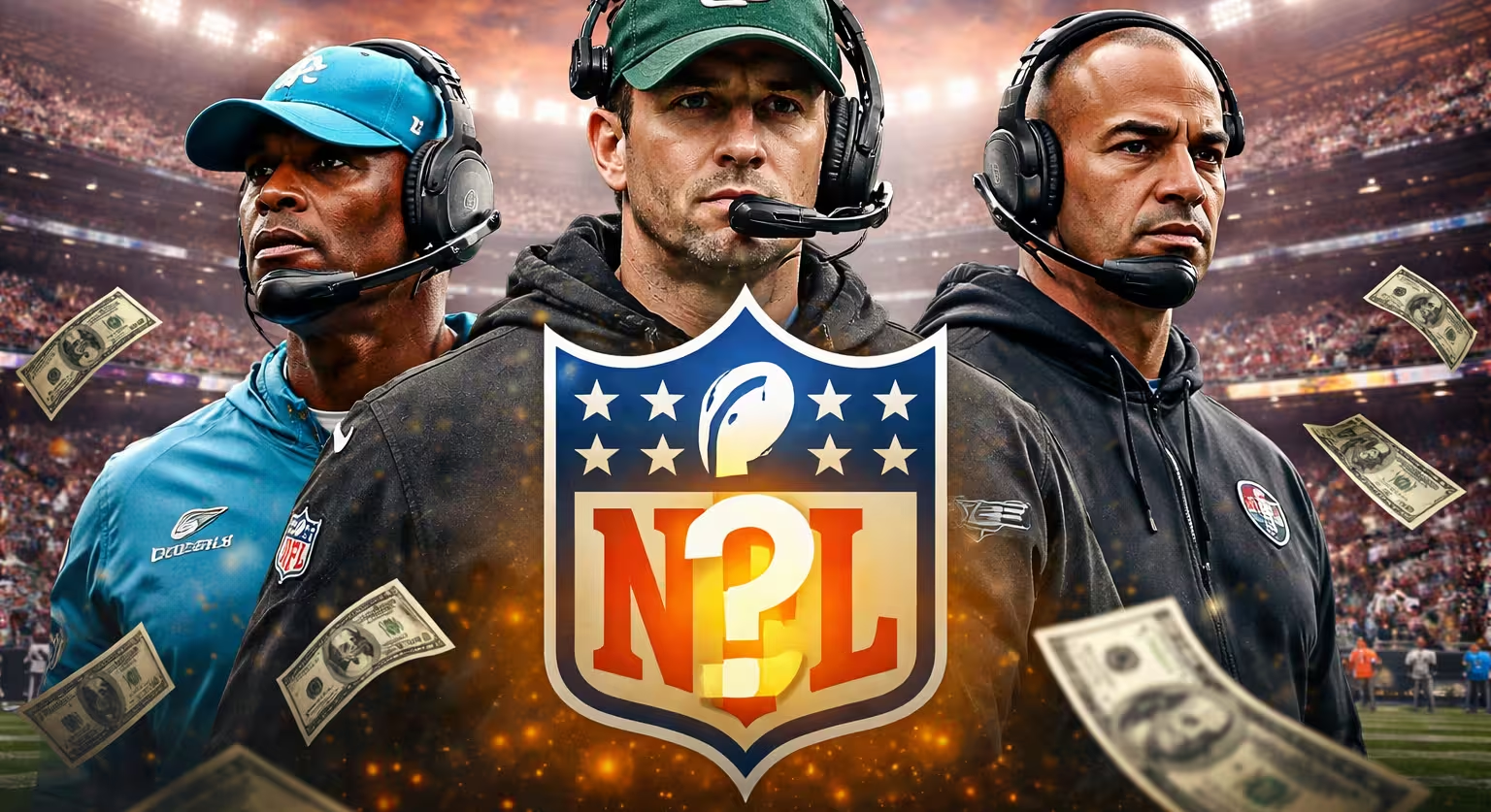Inside the Mind of a Professional Sports Bettor: Daily Habits & Rituals

How do pro sports bettors become professionals? Are they born with it, or maybe it’s Maybelline? That’s a bad joke about a makeup commercial, but it’s kinda funny.
Anyway, as I was saying. Do the best bettors come into this world with a gift, or do they eat, sleep, and repeat betting in order to become pros?
Because in my mind, I see them as doing very little besides betting, like an all-or-nothing lifestyle. It’s a 24/7 haze of parlays, being glued to screens (phone and TVs with every game on), and that high roller lifestyle.
My mind is pretty far off, because the reality is way less movie-like. The best in the business? They treat sports betting like what it is, and that’s a data-driven enterprise, and it comes with routines. They have early mornings, keep meticulous records that would make a CPA proud, and the kind of discipline that it takes to be a pro.
They don’t run on lucky streaks like we imagine. They make and practice a repeatable process. Legends like Billy Walters, who is described as the most successful sports bettor in U.S. history, built fortunes not on gut feelings but on rigorous systems, market timing, and bankroll control.
And former NBA betting phenom Haralabos Voulgaris made millions leveraging statistical models before moving into front-office analytics roles in professional sports.
Professional sports bettors treat it like we treat our 9 to 5’s; it’s how they make their rent, and that makes it a job. How do they do it? Like all of us, they have their own daily habits, rituals, and mental frameworks, but instead of a desk job, it’s for sports betting. Want to be like them? You may not make it to the pro level, but if you practice their principles, it can change how recreational bettors approach the biz and maybe even make you a better sports bettor!
The Morning Ritual: Priming the Day for Success
Even though a majority of sports games happen after the sun sets, a professional bettor’s day starts way before that. The markets are already moving while most of us are still snoozing, but they are up with the birds to catch the moves. Why? Because those shifts are usually the difference between a profitable season and a meh one.
Early Start
For pros like Billy Walters, the mornings begin before sunrise. That’s when overnight lines from sportsbooks, which are usually softer and more exploitable, can still be grabbed before that public money floods in. Early hours also give access to European markets for global sports like soccer and tennis, and it’s where sharp bettors can get ahead of the U.S. line adjustments.
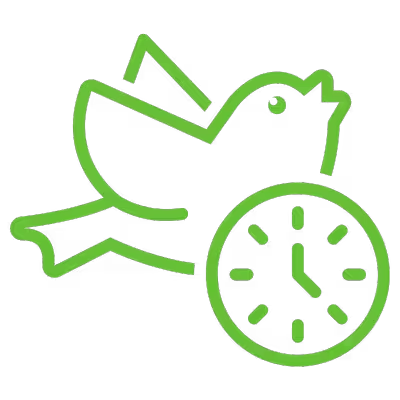
The reasoning for the early rising is this: value is perishable. If a line opens at -2.5 and sharp money hits it? It could be -4 by the time casual bettors even log on to a sportsbook. Professionals are ready to act before that narrow window closes.
Mindset Preparation
Professional betting isn’t only about processing data; it also means processing your own reactions to that data. Haralabos Voulgaris credits mindfulness practices for keeping his emotions in check during volatile streaks. This could be meditation, a quick workout, or reviewing long-term ROI goals to anchor your perspective. The whole point of this is to start the day with emotional discipline.
A big part of the mindset work is to stay well clear of tilt, which is the industry term for emotional decision-making after losses. Walters has said in interviews that the worst thing a bettor can do is double down after a bad beat without a clear edge.
Initial Market Scan
Once they’ve got their mind right? They hit the data. What does this look like for a pro? The following:
- Looking at and reviewing overnight line movements for all of their target sports.
- Checking any and all injury updates and late roster changes.
- Watching for weather changes in outdoor sports.
- Scanning the early betting percentages to see if they can spot lopsided public money.
By the end of this process, they’ll have a shortlist of possible plays, but make no mistake about it; no bets are fired off until the entire analysis is completed.
The Data Dive: Research and Analysis Unpacked
Most of us casual bettors will take a glance at the recent scores and put down a wager. But professional bettors? They get deep into that data and tread into territory that most normal fans wouldn’t even think to look for!
Info Gathering
Pros source their data from places that the public either doesn’t know about or doesn’t pay for. They usually have paid subscriptions to Pro Football Focus, Synergy Sports, or betting analytics platforms like Unabated and Sports Insights.
What are they looking at? All of this info:
- Advanced statistics: yards per play, expected goals (xG), and offensive efficiency ratings.
- Injury reports: And not just who’s out, but how that can change a team’s performance.
- Coaching trends: play-calling tendencies, pace adjustments.
- Situational factors: travel schedules and time-zone impacts on teams.
Voulgaris initially rose to fame for exploiting late-game coaching patterns in the NBA. He noticed how certain coaches rotated the lineups in the final minutes and how it affected point totals
Developing an Edge (Expected Value – EV)
Pretty much every pro lives and dies by Expected Value (EV). This is the metric that tells them if a bet is worth taking over the long haul. If their own models say a team has a 55% chance to win, and the odds imply only a 50% chance? That’s a positive EV spot.
Walters has talked about never betting without an edge, no matter how “sure” a play feels. In his memoir Gambler, he breaks down how, over thousands of bets, even a small EV advantage compounds into huge profits, and how betting without it? That’s just gambling, not smart gambling.
Statistical Modeling (Optional for Some)
Not every pro sports bettor builds their own models, and a lot of them rely on simulations to project outcomes. But Voulgaris built proprietary algorithms while his peers hired data scientists or worked in teams to refine projections.
Even without having a custom code, bettors can use public models as a baseline, and they can adjust them for personal insights that the market hasn’t priced in.
Line Shopping
The one habit that is universal among the pros? Line shopping! That’s when you compare odds across multiple sportsbooks to find the best possible price. Over a season, getting -110 instead of -115 can be the difference between profit and loss.
In a 2023 panel, Walters said line shopping was the “single most important thing” a bettor could do to improve ROI, more important than any single stat or system could be.
Strategic Execution: Placing Bets Like a Business
As you can probably guess, pro bettors never wing it. Every single bet is part of a broader, organized system that treats sports wagering not like a hobby but as if they are running a small trading firm. From bankroll structure to timing the market, the “execution” stage is where all that prep work turns into real money on the table.
Bankroll Management
For all bettors, bankroll management should never be treated as optional; it’s survival. The pros know this, and Walters has said that the key to staying in action for decades is protecting capital above all else. That means that you define a dedicated bankroll (money that’s only for betting, never for necessities like rent or groceries) and stick to strict unit sizes.
Most professionals risk between 1% and 5% of their bankroll per wager, and that depends on confidence and variance. This prevents any one loss from being catastrophic. Stop-loss limits are also common; if they hit a pre-set downswing for the day or week, they quit and review, and they never chase losses. Haralabos Voulgaris has said that the fastest way to go broke is ignoring your own limits during a bad run.

Chasing losses is the ultimate bankroll killer, and in professional circles, it’s seen as emotional betting, which is the exact opposite of the cold, calculated decision-making that it takes to sustain profitability in the biz.
Betting Process
Placing a bet isn’t just hitting that “confirm” on a sportsbook app. Timing is your BFF, and the pros are watching the markets like day traders are, so they can choose if they should bet immediately (before a line moves against them) or wait for the public money to push odds into more valuable territory.
Pro poker bettor Ed Miller breaks bets into tiers based on his confidence levels. Higher confidence might justify a larger unit size, but it’s always within bankroll rules. Others will spread risk across multiple lines or props to smooth out the variance.
Impulse betting? It’s just not done in the pros. Every wager is logged, pre-vetted, and usually supported by multiple angles of analysis that include matchup data, injury reports, or situational trends.
Record Keeping
This is pretty unglamorous, but it’s where the professionals separate themselves from recreational players. Record keeping. They track every bet they make, and not if they won or lost. They write down the stake, odds, closing line value (CLV), and return on investment (ROI).
Because they keep such detailed records, pros can spot any patterns:
- Are they beating the closing line regularly?
- Are they stronger in certain markets or sports?
- Are there any leaks in their approach or strategy?
In Walters’ memoir, he describes reviewing months of bets to identify even the smallest mistakes in his process, and those could add up to six figures over a year. That’s why the pros obsess over CLV as much as they do over profit. If their bets consistently beat the market closing line? Then they know their process has a long-term edge, even if their short-term results fluctuate.
The Mental Game: Psychological Fortitude
Ask any professional sports bettor what separates them from recreational players, and you’ll hear the same thing over and over: it’s not the picks, it’s the mindset. In a business where losing days are always a guarantee, the ability to stay grounded when things go south, and equally disciplined when things go well, is what keeps pros in the game.
The best bettors don’t treat wins like windfalls or losses like disasters — they treat them like data. Voulgaris, who built his fortune betting on NBA games, has said that being right or wrong on a single bet means very little in the grand scheme of things. What matters? If your process was correct.
This detachment helps avoid tilt, the poker term that’s made its way into sports betting. Pros train themselves to accept variance as part of the business, knowing that even the most accurate models can go 0–5 on a bad day.
Billy Walters is often cited for his methodical approach. In almost every interview, he stresses patience. That means waiting for the right number, passing on games that don’t present value, and never forcing action just so you have a bet down.
Discipline means sticking to the same plan during losing streaks and resisting the temptation to scale up during winning runs without any statistical justification. Walters has said that sports betting is “a grind, not a sprint,” and pros who are able to stay in the game understand that a year’s ROI is way more important than a week’s record.
Markets evolve, and so do the strategies needed to beat them. The rise of advanced stats, machine learning models, and real-time data feeds has forced professional bettors to update their approach.
Pro bettor and author Ed Miller has written extensively about adjusting to market shifts and identifying new inefficiencies. Pros are always learning, and it could be refining a statistical model, studying a coaching change’s impact on the pace of play, or monitoring how sportsbooks adjust to new trends.
The humility to be able to pivot when the data demands it is a defining trait. Those who refuse to adapt will find their once-profitable edge vanishing.
Beyond the Bets: A Professional’s Lifestyle
Although betting is the engine of their livelihood, the best professionals know that the rest of their life affects their performance just as much as their models and bankroll strategy. You can’t read line movement clearly if your brain is fried, and you can’t maintain a season-long edge if you’re running on caffeine and adrenaline. The lifestyle behind the bets is usually a major factor in sustaining long-term success.
Work-Life Balance
Contrary to the image of someone glued to multiple monitors 19 hours a day, most pro bettors protect their non-betting time. Walters has talked about compartmentalizing; he treats betting hours like a shift, then stops to spend time with family or partake in his other personal interests.
Hobbies and downtime serve a practical purpose: they give the brain space to reset. It could be golf, cooking, or reading; whatever it is, the mental distance prevents burnout and keeps decision-making sharp. Even Voulgaris, who spent years totally immersed in NBA betting and data analysis, has spoken about finding fulfillment in pursuits outside of gambling, including owning and managing a Spanish soccer club.
The takeaway is this: the “always on” mentality might seem like it’s dedication, but over time? It can cloud even the best pro’s judgment and cause less-than-professional decision-making.
Physical and Mental Health
Professional bettors all depend on quick thinking, pattern recognition, and emotional discipline, and all of these are compromised if you’re in poor health. Exercise, balanced nutrition, and adequate sleep are non-negotiables for most pros. Sports psychologist Dr. Michael Gervais says that cognitive performance is directly tied to physical well-being, and even mild fatigue can impair strategic thinking.
Some practice a regular workout routine before the markets open; they use this physical activity as a way to clear their head before getting into hours of statistical analysis. Sleep schedules are just as important; betting late West Coast games and waking up early for European soccer lines is a fast track to decision fatigue if it remains unmanaged.
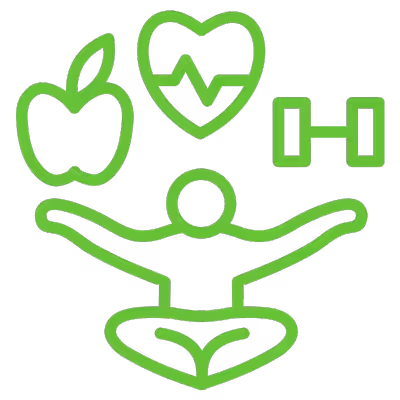
Stress management is another important element, so some pros practice mindfulness or meditation to maintain emotional stability. Others prefer more structured routines, like taking a brisk walk or limiting the number of screens they monitor at once to decrease sensory overload or overstimulation .
Networking (for some)
While plenty of bettors operate as lone wolves, others like to build trusted circles for sharing insights and strategies. No, these aren’t random online chat rooms; they’re mostly invite-only groups that are formed through years of mutual respect and proof of skill.
Walters was part of the infamous “Computer Group” in the 1980s, which was a syndicate that pooled data and resources in order to rule betting markets across multiple sports. Now, similar setups exist, and it’s where pros compare notes on injury rumors, model tweaks, or market overreactions.
The main thing here is trust, because information in the wrong hands can erode an edge in minutes. Networking for pros is not so much about making friends as it is about building mutually beneficial alliances that improve everyone’s approach.
Conclusion: The Path to Professionalism
Sports betting at the professional level isn’t some glamorous lifestyle in the way that most of us picture in our minds. It’s not sitting courtside with a laptop, making a fortune in a night.
Nope! It’s a grind that’s built slowly with discipline, record-keeping, and the ability to trust a process even when results don’t work out in your favor. The pros who last don’t measure success by yesterday’s wins; they measure it in years of positive ROI, the stability of their bankroll, and their ability to adapt when the market changes.
The habits we’ve talked about aren’t a big secret, but they are non-negotiables. If it’s Haralabos Voulgaris combing through hours of game film, Billy Walters waiting for days for the perfect number, or Ed Miller refining his approach as betting markets evolve, the throughline is the same: a pro treats betting like it’s a business, not a pastime.
If you take one thing away from this, it’s that adopting just a fraction of the practices can push you closer to sustainable, responsible betting and further away from the emotional, impulsive habits that ruin most bettors!
Here’s a brief refresher on what’s going on inside the mind of a pro sports bettor and how you can be like them:
- Morning Routine: Start early, scan the markets, and get in the right mindset for the day ahead.
- Data Analysis: Use reliable sources, identify value, and track line movement before you act.
- Strategic Execution: Manage your bankroll, time the market, and log every single wager.
- Mental Game: Stay emotionally neutral, be patient, and always be open to learning.
- Lifestyle Balance: Protect your mental and physical health, relationships, and sanity outside of the betting world.
If you’re serious about improving? You can start by building structure into your betting habits! Track your wagers, protect your bankroll, and stop thinking in terms of single wins or losses. The pros? They didn’t make it on luck alone, and you won’t either.

Alyssa contributes sportsbook/online casino reviews, but she also stays on top of any industry news, precisely that of the sports betting market. She’s been an avid sports bettor for many years and has experienced success in growing her bankroll by striking when the iron was hot. In particular, she loves betting on football and basketball at the professional and college levels.



